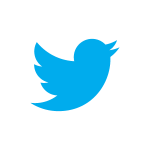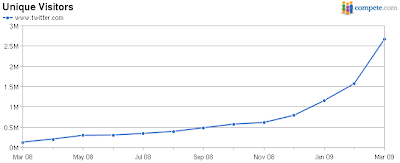The explosion of social media has given almost everyone access to a digital printing press, soapbox and a potentially very loud virtual megaphone. These folks include your customers, some of whom, may be upset with your products or the way your organization treats them. Others may simply have an ax to grind, and you may just be the first thing they see after sharpening it.
Communications consultant Paul Gillin and tech entrepreneur Greg Gianforte (G&G), have written a valuable book – Attack of the Customers. It is part history, part survival kit, and part vaccine help you deal with the next customer attack. To quote G&G: “There has never been a better time to be a critic.”
The book explores both the challenge and opportunity that empowered and angry customers afford. The threats are obvious. It used to be that unsatisfied customers would not return or tell a small circle of friends that they didn’t like your offering. Now if you alienate them, they can create a Facebook page or go to Youtube and post a criticism. If their critique get noticed, think of United Breaks Guitars; you’ve not only got mail, you’ve got a problem.
Attacks can also be opportunities. G&G show how engaging unhappy customers can convert them into loyal fans. Responding to criticism can allow you to improve your own procedures, operations, and business models. This can enable you to increase both customer satisfaction and profitability.
The book is no academic treatise. It is a deep compendium of cases categorized and analyzed for lessons learned. Students of social media may be familiar with notorious cases, such as Jet Blue’s stranding passengers on the tarmac for up to nine hours. G&G, dive deeper and present examples and analyses, I had not encountered.
Social media can both amplify and shape responses of small groups of consumers. Often these complaints fail to propagate and so die out, before attaining critical mass. But not always, as the book illustrates extensively. The author’s broad experience is a welcome antidote to simplistic or formulaic responses to bad PR and worse corporate reflexes. G&G offer perspective on when you should engage critics and when it may be safe to ignore them. The latter should be a conscious choice rather than an ostrich-life reflex.
If your organization hasn’t been savaged in social media yet, it may well be tomorrow. Read Attack of the Customers and be prepared.
Note: Attack Of The Customers is currently available only through Amazon.com. You can also read a free sample chapter here.



